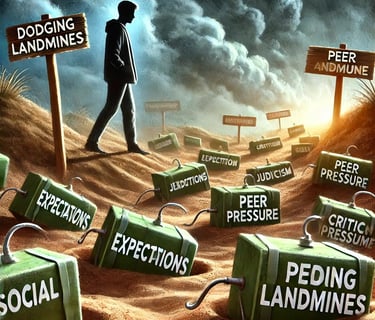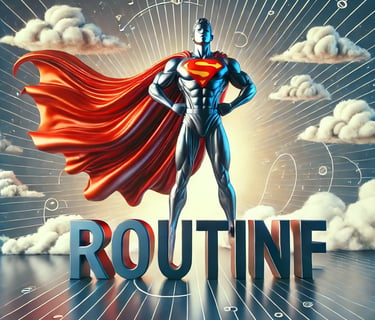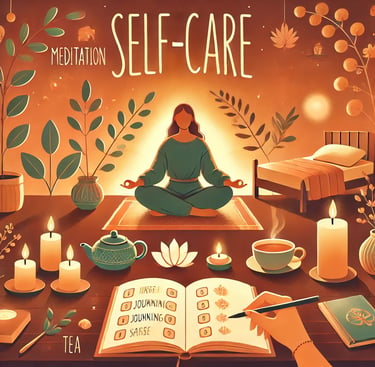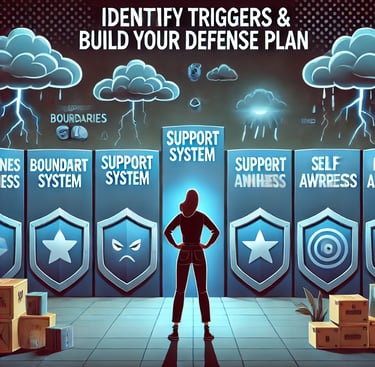The First 30 Days of Sobriety: Your Survival Guide
Do you know someone in recovery? Share this resource with them and support them on their journey!
EARLY RECOVERY TIPS
Robert Woldhuis
3/14/20254 min read
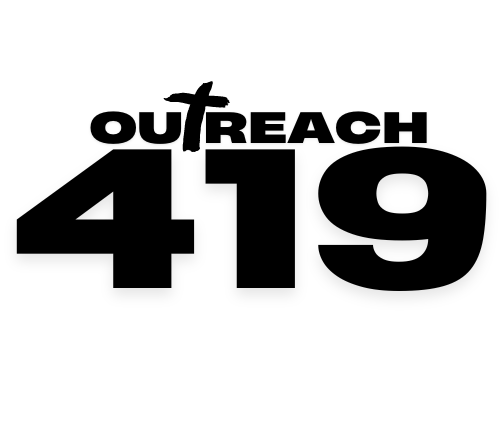

The First 30 Days of Sobriety: Your Survival Guide
The first 30 days of sobriety can feel like trying to walk a tightrope in roller skates—but don’t worry, you’re not doing this alone. This is a crucial period where you’ll face cravings, emotional ups and downs, and social pressures, but with the right strategies, you can power through and set a rock-solid foundation for your recovery. Here’s what to expect and, more importantly, what to do about it.
1. Cravings: The Uninvited Houseguest
Cravings will come knocking—and sometimes kicking down the door. They’re driven by both physical dependence and psychological triggers. Instead of white-knuckling through them, have a plan. Here’s how:
Distract & Redirect – Go for a walk, hit the gym, or start a new hobby. Keeping your hands and mind busy helps shut cravings down.
Breathe Through It – Deep breathing, meditation, or simply stepping outside for fresh air can help reset your brain.
Phone a Friend – Call someone who supports your sobriety. Just saying, “Hey, I’m struggling” can help break the cycle.
Visit Outreach 419 – Our doors are open 7 days a week with Peer Recovery Coaches ready to help you navigate the rough patches.
2. Emotional Whiplash: Buckle Up Buttercup
One minute you’re on top of the world, the next you’re questioning every life decision you’ve ever made. Sobriety brings clarity—but with it comes all the emotions you’ve been numbing. Here’s how to ride the waves:
Journal It Out – Writing down your thoughts can help you process emotions instead of being ruled by them.
Move Your Body – Exercise releases endorphins, aka nature’s mood stabilizers.
Talk It Out – Whether it’s a support group, a therapist, or a trusted friend, verbalizing your struggles makes them easier to handle.
3. Social Pressures: Dodging Landmines
Not everyone will understand your new lifestyle, and that’s okay. Some friends might even encourage you to “just have one.” (Spoiler alert: There’s no such thing.) Here’s how to handle it:
Set Boundaries – You don’t owe anyone an explanation. A simple “No thanks” is enough.
Find Your People – Surround yourself with those who support your sobriety, even if it means stepping away from certain social circles.
Have an Exit Plan – If a situation feels shaky, have a polite but firm way to leave.
4. Routine is Your Recovery Superpower
Boredom is a slippery slope, so filling your day with purpose is key. Here’s how to create structure:
Wake Up & Wind Down at the Same Time Every Day – Sleep is your secret weapon.
Prioritize Recovery Activities – Attend support groups, journal, or dive into personal development.
Move Your Body – Even a 15-minute walk can make a difference.
Eat Well – Nutritious meals help stabilize mood and energy levels.
5. Self-Care: Not Just Bubble Baths
Taking care of yourself isn’t selfish—it’s essential. Here’s how to make it happen:
Mindfulness & Meditation – Start with 5 minutes a day. It helps train your brain to respond, not react.
Engage in Hobbies – Try something new or rekindle an old passion.
Celebrate Wins – Every day sober is a victory. Treat yourself to something positive (ice cream counts).
6. Identify Triggers & Build Your Defense Plan
Triggers can sneak up on you, so be proactive in identifying and defusing them:
Track Your Patterns – Keep a journal of when and why cravings hit.
Have Coping Strategies – Whether it’s exercise, deep breathing, or calling a friend, know what works for you.
Avoid High-Risk Situations – If a place, person, or habit led to using before, it’s best to steer clear for now.
7. Reflection & Staying Committed
Looking back on how far you’ve come will help fuel your motivation moving forward. Here’s how to keep pushing ahead:
Write It Down – Track your progress and acknowledge your growth.
Stay Accountable – Whether it’s a sponsor, a peer coach, or a support group, having someone in your corner matters.
Celebrate Milestones – Hit one week? One month? Recognize and reward yourself in a healthy way.
You Don’t Have to Do This Alone
Sobriety isn’t a solo mission. At Outreach 419, we’re here to support you every step of the way. If you’re struggling, have questions, or just need to talk, stop by our Outreach Center. We have Certified Peer Recovery Coaches on staff 7 days a week to help guide you through these first 30 days—and beyond.
Ready to take the next step? Drop in and let’s talk. We’re in this together.
Robert




